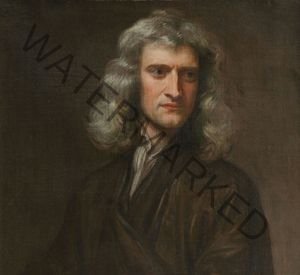René Descartes: The philosopher who questioned everything to find the truth.
Did you know that René Descartes is considered the father of modern philosophy? Through his revolutionary approach to thinking, Descartes changed the way we understand the mind, reality and knowledge. His famous principle “I think, therefore I am” not only challenged medieval beliefs, but opened the door to a new era of rational and scientific thought. But Descartes was not only a philosopher; his legacy also encompasses mathematics, science and logic, fields that set the course of knowledge for centuries.
In this module, we will explore Descartes’ life, but we will also delve into his main philosophical and scientific contributions. We will study the Cartesian method, a tool of analysis that starts from methodical doubt to reach unshakable certainties. In addition, we will see how his ideas on Cartesian dualism and mechanicism influenced the evolution of scientific thought, laying the foundations of modern physics and biology.
Through his Cartesian coordinates and his contributions to mathematics, Descartes also left a deep imprint on analytic geometry, which remains fundamental to problem solving in science and technology. In addition, his rationalist philosophy has been key to understanding the process of the theory of knowledge, asking how we know what we know and what it truly means to “know” something.
Character Curiosities
- 📚 Although Descartes is known primarily for his philosophy, he also made advances in mathematics, creating analytic geometry and contributing to the understanding of linear functions.
- 💭 The famous phrase “I think, therefore I am” was Descartes’ way of ensuring that, even if everything else can be doubted, the simple act of doubting means that one exists as a thinker.
- 🔬 Descartes is also known for his mechanistic view of the universe, which posited that all natural phenomena could be explained through mechanical laws, a fundamental concept in the development of classical physics.





